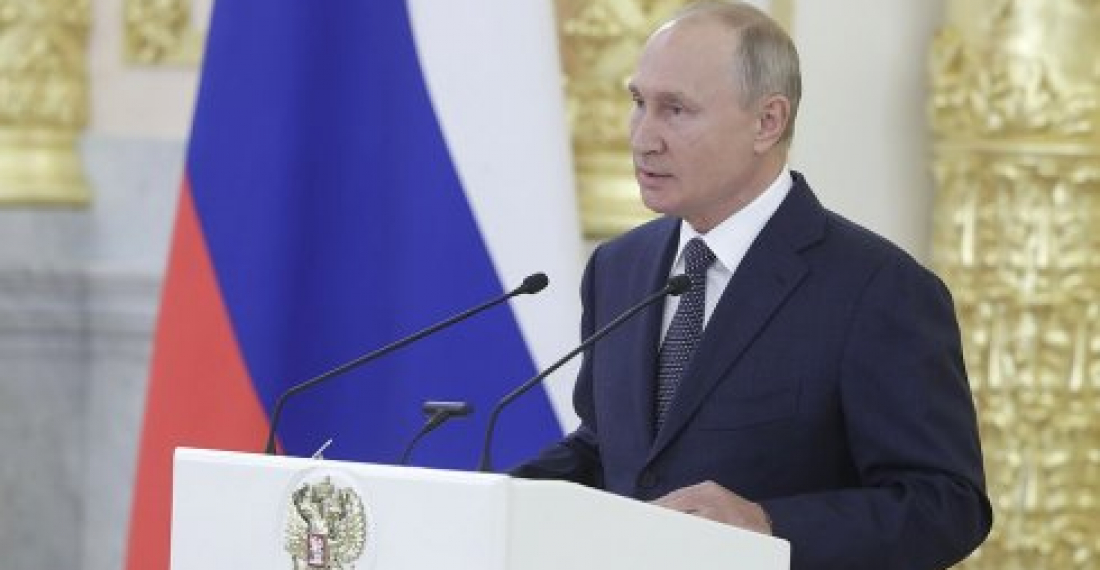Russian president Vladimir Putin has ordered a partial mobilisation as part of an effort to boost its military effort in Ukraine. Putin made the announcement during a pre-recorded television speech which was first scheduled to be aired on Wednesday evening, but was eventually delayed until Thursday morning.
After the speech was aired, Russia's defence minister, Sergei Shoigu gave further details on the partial military mobilisation, saying 300,000 reservists will be conscripted into the armed forces.
Sergei Shoigu said that number represented a small fraction of Russia's available resources, while students and those who had already served as conscripts would not be called up.
He said all those being conscripted would be given military training before being sent to Ukraine.
In his speech Vladimir Putin said the decision, which followed the announcement of referendums to pave the way for the formal annexation of swathes of Ukraine, is meant to "protect our Motherland and our territorial integrity."
Claiming the West was threatening Russia with nuclear weapons, Mr Putin said: "We have lots of weapons to reply - it is not a bluff."
Earlier it was announced that hurriedly organised referendums will be held in those areas that Russia occupied following its invasion of Ukraine in February, asking local residents if they wanted to join the Russian Federation. The sham referendums have already been condemned as illegal by both the Ukrainian authorities, and many western governments.
However lately the war has not been going well for Russia and Ukrainian forces, bolstered by considerable assistance of equipment from NATO countries has been able to reverse some of the Russian gains. Russia's original plan of occupying the whole of Ukraine and set up a puppet government in Kyiv was abandoned after a disastrous launch to the invasion which saw Russia loosing a large number of troops and equiment.






